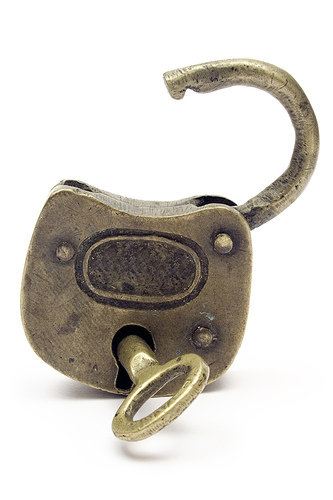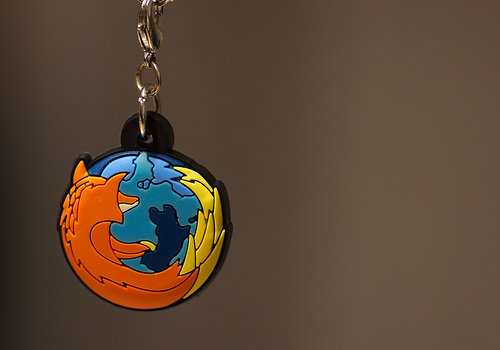

If you’ve ever gotten a computer virus, you know how frustrating it can be. Of course, the best way to get rid of a virus is to not get one in the first place… but how? Here are my seven tips for good Internet security.
 Photo Credit: maybemaq
Photo Credit: maybemaq
Nowadays, most computers come with a firewall already installed, but some don’t. If you’re running a newer version of Windows, then it would have come with Windows defender, a great anti-virus and firewall software. If you’re not sure whether you have a firewall installed, open a web browser and check the Tools options. It ought to be listed under the “security” section.
 Photo Credit: The Photique
Photo Credit: The Photique
If you’re using an older, out-of-date virus protection software, then you’re not protected against anything new the hackers develop and put out there. You might as well not have anything at all! My top choices are Norton or McAfee. When it’s time to renew, make sure you invest the $50 per year. It’s worth every penny!
 Photo Credit: Pieter Musterd
Photo Credit: Pieter Musterd
If you use online banking, or if you keep track of any of your charge cards online, then you may be the target of phishing scams, in which some unsavory character tries to trick you into giving them your secure information, like a social security number, login, or password. The e-mail will look legitimate, like it came from your real bank or credit card company, but it’s fake, all of them are fake! Your bank or credit card company, or even PayPal or eBay, will NEVER ask for your login info or anything else in an email! Beware!
 Photo Credit: yoshiko314
Photo Credit: yoshiko314
Have you ever been curious and clicked on a link, then got caught in a porn-nado? Most of those sites have tracker cookies and spy-bots built-in, so once you click on one, you’ll get an endless array of pop-ups and viruses. If you’re a sneaky little thing that likes to peek at porn, make sure you’re using a reputable site, and avoid the rest.
If you get an email from someone in a foreign country asking you to exchange money, cash a check, or wire money to them in exchange for a massive reward, delete it. It’s a scam! If it sounds too good to be true, it is. Just delete the poorly-worded, grammatical nightmare of an email and move on…
 Photo Credit: Ngọc Hà
Photo Credit: Ngọc Hà
If you’re using a secure site for shopping or banking, look at the address in your tool bar. The beginning of the address will say “https” instead of just “http.” The extra “S” means the site is “secure” or “safe.” Also, some browsers will display a little lock icon in the tray at the bottom of your screen when you’re using a secure site. Good to know!
 Photo Credit: flod
Photo Credit: flod
Despite Microsoft’s loud protests to the contrary, Internet Explorer has long been a weak target for hackers and virus-makers. If you notice your computer is virus-prone, try using a new web browser, like Mozilla FireFox or Apple Safari. Both are free to download and are safer to use.
Stick to these rules and the chances of you getting a hard-drive corrupting, porn-nado causing virus are slim to none. There’s nothing worse than losing valuable songs from your iTunes or even worse, money, from an Internet scam or virus! What other rules for Internet safety do you use? Do you have any other tips to share? Please let me know!
Top Photo Credit: kktp_